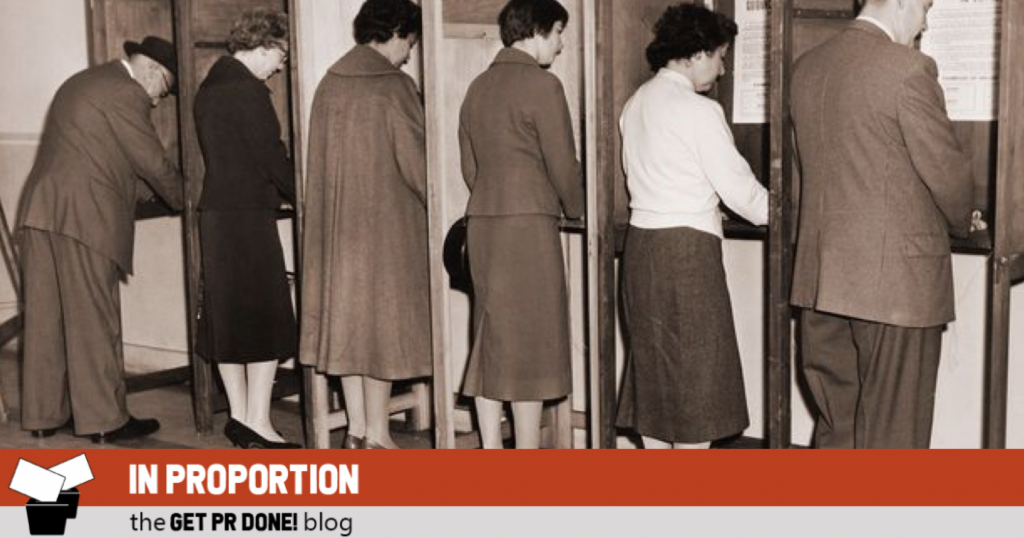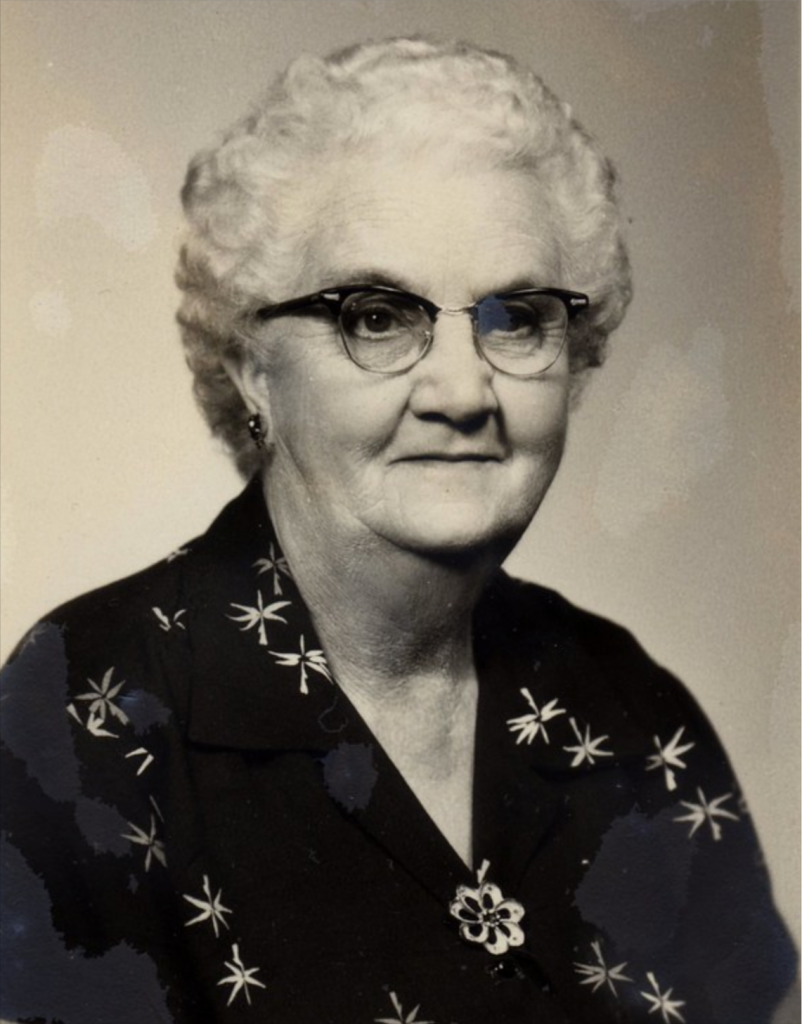
It is easy, when discussing changes to our electoral system, to become side-tracked by desired results. Debate often centres, with disconcerting selfishness, on how proportional representation (PR) might be more likely to deliver the kind of governments we want. Left-of-centre advocates for reform point to a consistent “anti-Tory” majority stretching back decades, stating – with significant justification – that if we just threw a different electoral lens over the votes, then all would be well, and we PR advocates could enjoy the fruits of a permanent progressive alliance.
This vision has some charm, but electoral reform is not about us, the political obsessives.
What matters is that each voter counts
Electoral reform is about every voter, however engaged or disengaged from the electoral process they may be. The yearning of politics junkies should be a matter of supreme indifference when selecting a voting system. What really matters is that each individual’s vote counts.
To illustrate this point, let me choose just one voter; and a Tory, no less. My grandmother was born in Sheffield, less than a decade after the passing of Mrs Pankhurst. Her right to vote was secured a mere handful of years before her birth, on the back of diligent campaigning, incredible sacrifice, and a world war. The right of all women to vote was as fresh at my grandmother’s birth as the EU referendum is to us today.
Straight from the ballot box to the bin
Nevertheless, after nearly nine decades of life, seven of them spent above voting age, that right has never properly been granted to my grandmother. For her, voting – in the sense that one is able to shape the country’s direction through expressing a preference at the ballot box – has been a futile habit. In a northern seat so rock-solidly Labour that it even survived the wipe-out of 2019, my grandmother’s Tory vote has spent the better part of a century being transplanted straight from the ballot box to the bin, without any direct involvement in deciding the nation’s direction.

In 1955, her first ever vote was for the Conservatives, but was in no way useful to Anthony Eden as he romped to victory over Attlee. Four years later, a new mother, she walked to the polling station to cast a futile vote in favour of the same party under the victorious Harold Macmillan. When Alec Douglas-Home was narrowly defeated by Harold Wilson, my grandmother’s vote in support was similarly rendered irrelevant by her neighbours’ avalanche of red. As Downing Street changed hands throughout the turbulence of the
1970s, my grandmother’s contribution was identical; her civic duty was dispatched, and summarily ignored.
Her ‘blue’ vote buried under a red landslide
When the Conservatives’ most iconic leader took charge of the country, it was no thanks to my grandmother, whose steadfast support for the Tory party entered its third redundant decade. Major, Duncan Smith, Hague, Howard, Cameron and May came and went over the following decades. Each time, my grandmother strode proudly to the polling station, steadfast in the same small-c conservative belief that failure to vote is a sin. Each time, her vote for the Conservative party was buried under a red landslide.
In near-on seventy years, her involvement with the democratic process has been that of a spectator, yelling support, unheard, from behind the soundproof glass of FPTP. Thanks to the contrasting loyalties of her neighbours, my grandmother’s vote has been a no more useful addition to the ballot box than if she’d tossed it in yesterday’s litter.
This is a profound tragedy. This infant girl of the 1930s was born newly-enfranchised, but that enfranchisement has been muffled by an antiquated system. While this story is tragic, it isn’t unusual. Indeed, it represents the experience of the vast majority of British voters. In the four generations of my grandmother’s family, scattered across the country by internal migration, only one branch has a chance to make a difference at election time. The rest are locked in that same obscene irrelevance; their own preferences choked off by the bloc loyalty of their neighbours. Under FPTP, millions go to their graves without ever having experienced any link between their vote and the identity of the Prime Minister or their government.
No wonder millions have kicked the voting habit
How can democracy thrive in such a way? How invested can we expect voters to feel in the process, when their ballot paper carries no more weight than a post-it note in an empty office? If voting is a fruitless habit, millions can be forgiven for kicking it.
PR should not be seen as a vehicle to engineer the result we want. PR should be seen for what it is; a means to ensure that each elector’s vote counts. The vote is the single most powerful voice any of us has – and every single one should be heard.
Mike Stafford is a writer for Central Bylines, Worcester News and faithfulpundit.co.uk.
+++++
IN PROPORTION is the blog of the cross-party/no-party campaign group GET PR DONE! We are campaigning to bring in a much fairer proportional representation voting system. Unless otherwise stated, each blog reflects the personal opinion of its author.
We welcome contributed blogs. Send a brief outline (maximum 75 words) to getprdone@gmail.com
Join the very active Facebook group of GET PR DONE! (+2,700 members as of July 2022) https://www.facebook.com/groups/625143391578665/